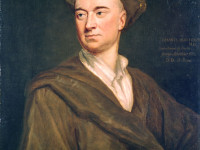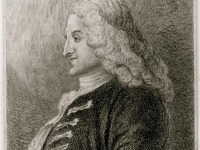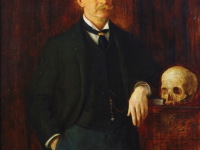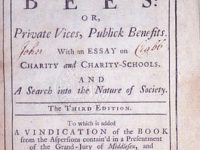John Arbuthnot and the Laws of Chance
On April 29, 1667, Scottish physician, satirist and polymath John Arbuthnot was baptized. He is best remembered for his contributions to mathematics, his membership in the Scriblerus Club (where he inspired both Jonathan Swift’s Gulliver’s Travels as well as Alexander Pope), and for inventing the figure of John Bull. He published Of the Laws of Chance (1692), the first work on probability published in English, being his translation of a work by…
Read more







